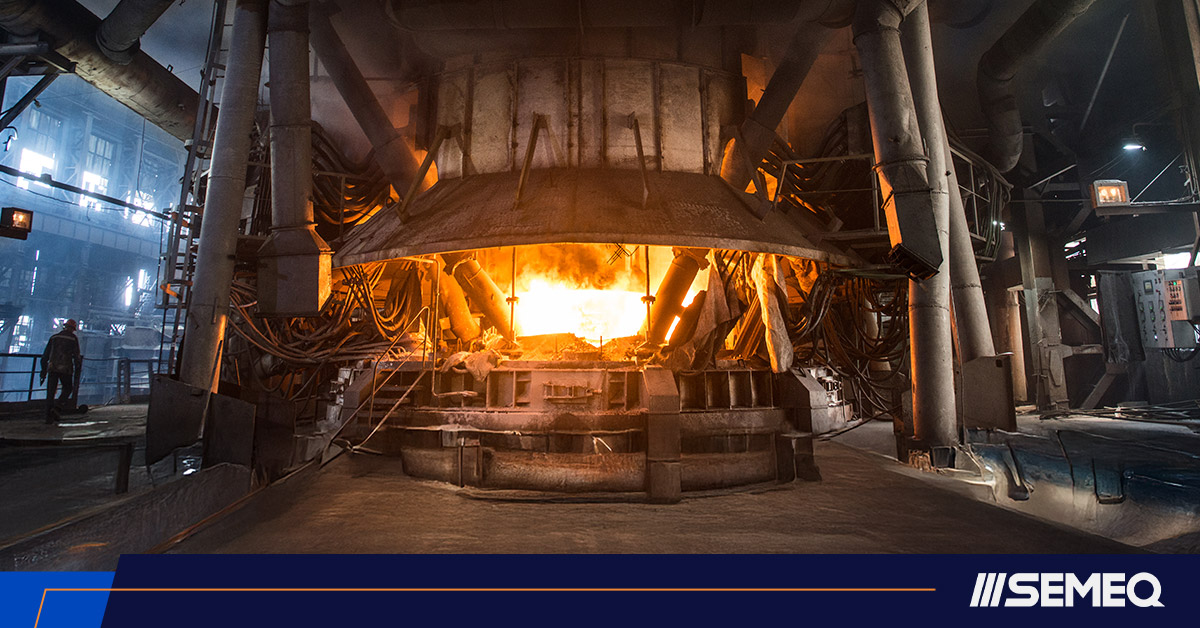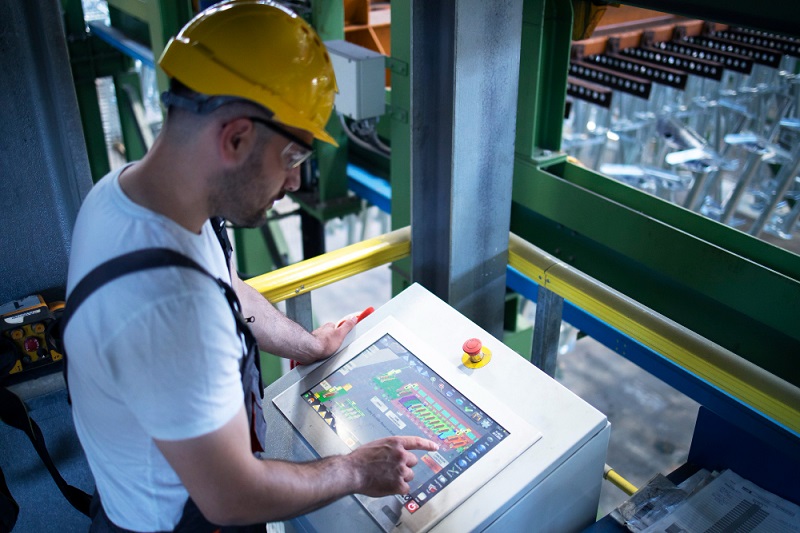In today’s industrial landscape, effective equipment maintenance management is crucial for ensuring the longevity, efficiency, and reliability of machinery. Properly managed maintenance programs not only reduce downtime and operational costs but also enhance safety and productivity. This article explores the essentials of equipment maintenance management, its benefits, and best practices for implementing a robust maintenance strategy.
What is Equipment Maintenance Management?
Equipment maintenance management involves the systematic planning, scheduling, and execution of maintenance activities to keep machinery and equipment in optimal working condition. This process includes regular inspections, repairs, replacements, and upgrades to prevent equipment failures and extend their lifespan. By adopting a proactive approach, companies can identify potential issues early and address them before they escalate into costly problems.
Benefits of Effective Equipment Maintenance Management
- Reduced Downtime: Regular maintenance helps prevent unexpected equipment failures, significantly reducing unplanned downtime. This ensures that production schedules are met and productivity remains high.
- Cost Savings: Proactive maintenance management minimizes the need for emergency repairs and extends the lifespan of equipment, leading to substantial cost savings. Well-maintained equipment also operates more efficiently, reducing energy consumption and operational expenses.
- Improved Safety: Proper equipment maintenance management ensures that all machinery operates safely, reducing the risk of accidents and injuries. This is particularly important in industries where equipment malfunction can have severe consequences.
- Enhanced Performance: Well-maintained equipment performs at its best, ensuring consistent product quality and optimal production rates. This leads to higher customer satisfaction and a competitive edge in the market.
- Asset Management: Effective maintenance management provides valuable data on equipment performance and condition, helping companies make informed decisions about asset utilization, replacement, and investments.
Key Components of Equipment Maintenance Management
- Preventive Maintenance: This involves routine inspections and servicing of equipment to prevent potential failures. Preventive maintenance schedules are based on manufacturer recommendations, equipment usage, and historical data.
- Predictive Maintenance: By utilizing advanced technologies such as sensors and data analytics, predictive maintenance monitors equipment condition in real-time. This allows for the early detection of anomalies and potential issues, enabling timely interventions.
- Corrective Maintenance: This type of maintenance is performed after a problem has been identified. It involves repairing or replacing faulty components to restore equipment to its optimal condition.
- Maintenance Planning and Scheduling: Effective maintenance management requires detailed planning and scheduling of maintenance activities. This includes prioritizing tasks, allocating resources, and ensuring minimal disruption to operations.
- Maintenance Documentation: Keeping accurate records of all maintenance activities, including inspections, repairs, and replacements, is essential. This documentation helps track equipment performance, identify recurring issues, and improve maintenance strategies.
Best Practices for Equipment Maintenance Management
- Develop a Maintenance Strategy: Start by creating a comprehensive maintenance strategy that outlines the goals, procedures, and responsibilities for equipment maintenance management. This strategy should be aligned with overall business objectives and continuously reviewed for improvement.
- Implement a Computerized Maintenance Management System (CMMS): A CMMS helps streamline maintenance activities by providing tools for scheduling, tracking, and analyzing maintenance tasks. It also stores valuable data on equipment history and performance, aiding in decision-making.
- Train and Empower Maintenance Staff: Ensure that maintenance personnel are well-trained and equipped with the necessary skills and knowledge. Empowering your team to take ownership of maintenance tasks fosters a culture of accountability and continuous improvement.
- Conduct Regular Audits and Inspections: Regular audits and inspections help identify potential issues before they escalate. Use checklists and standardized procedures to ensure thorough and consistent inspections.
- Embrace Technology: Leverage advanced technologies such as the Internet of Things (IoT), artificial intelligence (AI), and machine learning to enhance your maintenance management practices. These technologies provide real-time insights and predictive capabilities, improving the effectiveness of maintenance efforts.
Conclusion
Effective equipment maintenance management is essential for ensuring the longevity, efficiency, and safety of industrial machinery. By adopting a proactive approach and implementing best practices, companies can reduce downtime, save costs, and enhance overall performance. Investing in a robust maintenance management strategy not only safeguards your equipment but also contributes to the long-term success and competitiveness of your business.
Incorporating equipment maintenance management into your operations is a smart move that pays off in the form of reliable machinery, satisfied customers, and a stronger bottom line. Start prioritizing maintenance today to reap the benefits of a well-maintained and smoothly running operation.




